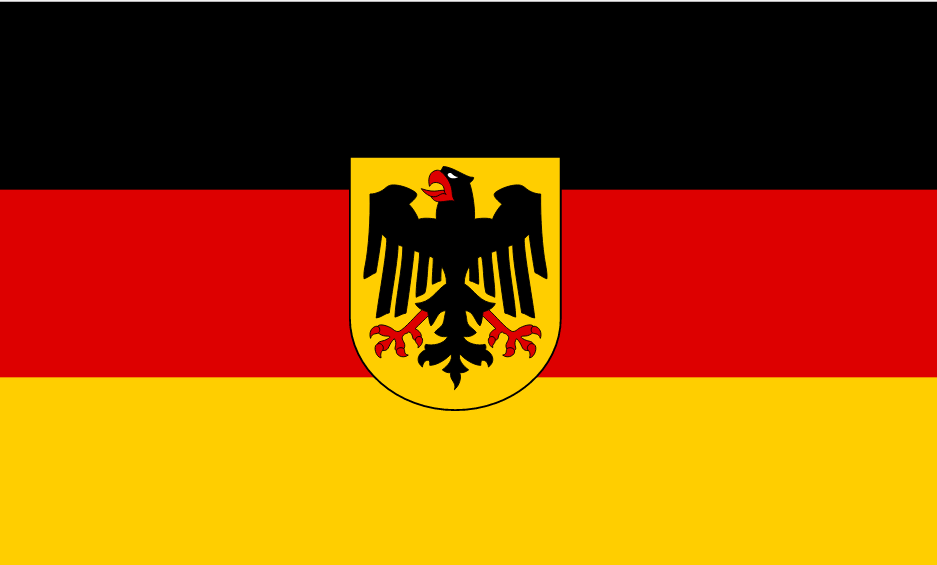Nuclear Weapons 255 - Germany Considers Developing Nuclear Arsenal In Response To Russian Aggression
During the Presidential campaign and in the first weeks of his Presidency, President Trump said that NATO is obsolete and that U.S. nuclear protection of European NATO members might be conditional on those NATO members spending more money on their own defense. This new weakening of U.S. commitment to NATO is of special concern to central and eastern European members of NATO because of the Russian seizure of the Crimea and its support of civil war in eastern Ukraine. Russian President Putin has repeatedly made public statements about his willingness to be the first to use nuclear weapons in a conflict with NATO in eastern Europe. He has held major military exercises including tactical nuclear weapons on the borders of the Baltic states. He has also moved intermediate-range nuclear-capable missiles into Kaliningrad, threatening countries in eastern Europe.
After the U.S. election, the Frankfurter Allgemeine Zeitung, a conservative German newspaper, published an editorial which talked about "the altogether unthinkable for a German brain, the question of a nuclear deterrence capability, which could make up for doubts about American guarantees." A member of the party of the current German Chancellor said that there should not be any "thought taboos." For the most part, the major German political parties have been silent on the subject of a German nuclear weapons program but German think tanks have kept up a rigorous debate on the subject.
Since the end of World War II in 1945, Germany has been one of the European nations under the U.S. nuclear "umbrella". West Germany signed the nuclear non-proliferation treaty in the 1960s. In 1984, a journalist published an article that said that the U.S. nuclear protection of western European nations had made possible the European integration which resulted in the formation of the European Union by suppressing the centuries-old rivalry between the French and the Germans which figured in two World Wars in the Twentieth Century. West Germany reaffirmed their commitment to nuclear non-proliferation in the European unification treaty of the 1990s.
One possible move by Germany in the face of Russian nuclear threats would be to go to France and Britain and suggest that they share their nuclear deterrence. However, France has a small nuclear arsenal and has shown reluctance to even discuss sharing their nuclear deterrent capability. Britain also has a small nuclear arsenal and there are British voices calling for abandoning that deterrence as the British exit from the European Union looms.
Some Germany analysts are skeptical that France and/or Britain could be relied upon to use their nuclear arsenals against Russia in the event of a Russian nuclear attack on Germany or the Baltic States. They suggest that perhaps Germany should consider developing a nuclear arsenal, maybe in collaboration with neighboring nations. A leader in Poland's governing political party has suggested just such a shared nuclear deterrence, presumably largely financed by Germany. On the other hand, there are German academics who believe that while developing a German nuclear arsenal might not be a good idea, perhaps a discussion of such a project might be useful in convincing the U.S. to renew its commitment to NATO.
German Flag:
